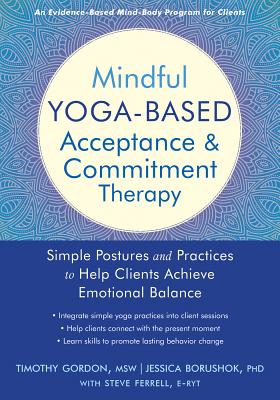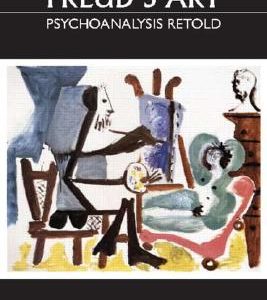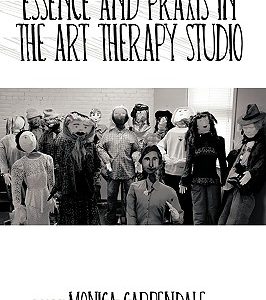Mindful Yoga-Based Acceptance and Commitment Therapy: Simple Postures and Practices to Help Clients Achieve Emotional Balance
$35.96
Description
The ancient wisdom of yoga meets the evidence-based effectiveness of acceptance and commitment therapy (ACT) in this breakthrough professional guide for both yoga instructors and ACT clinicians.
Mindful yoga-based acceptance and commitment therapy (MYACT) is a holistic mind-body program that integrates psychology, yoga, and behavior change. In Mindful Yoga-Based Acceptance and Commitment Therapy, a psychologist, social worker, and yoga instructor team up to offer comprehensive training in MYACT. Using the holistic therapy outlined in this manual, clinicians and yoga instructors alike will discover ways to guide clients toward emotional balance and wellness, with the perspective that healing suffering requires treating both the body and the mind.
This unique book offers proven-effective interventions informed by the model of psychological flexibility–the foundational underpinning of modern third-wave cognitive behavioral therapies. Mental health professionals who are interested in yoga, mindfulness, and holistic approaches to health will rejoice in this evidence-based program, while yoga instructors who wish to incorporate well-researched health care interventions into their yoga practice and teaching will also celebrate this much-needed resource.
Whether you are new to yoga or ACT or both, or have a long history with either, this book will provide you with the tools and foundational understanding needed to bring this practice into the scope of yours.
Author: Gordon, Timothy, Author: Borushok, Jessica, With: Ferrell, Steve
Topic: Psychology
Media: Book
ISBN: 1684032350
Language: English
Pages: 248
Additional information
| Weight | 1.15 lbs |
|---|---|
| Dimensions | 9.9 × 6.9 × 0.8 in |















Reviews
There are no reviews yet.